
Dwarfism is a medical condition which manifests through extreme shortness of people or their abnormally low height, along with some other problems related to this phenomenon. In fact, every person with a height less than 4 feet and 10 inches is considered to be suffering from dwarfism. Therefore, people suffering from dwarfism tend to be from 2 feet 8 inches to 4 feet 10 inches high.
Usually, treatments for dwarfism are capable of helping people deal with some of the complications and symptoms of this condition. However, they cannot improve their built nor increase their stature. Still, one of the greatest obstacles people suffering from dwarfism face is discrimination and we need to learn more about this condition in order to understand it and support these people the best way we can.
Complications Related to Disproportionate Dwarfism
Every single manifestation of dwarfism may have its own complications. Nevertheless, most of the occurrences have several symptoms is common.
One type of dwarfism is called disproportionate dwarfism. Here the characteristics of the spine, skull and limbs tend to be abnormal. Therefore, people with this type of dwarfism cannot sit, crawl or walk with ease, due to delay in their motor skill development.
Also, their organisms are quite prone to recurrent ear infections and they have increased chances of suffering from a complete hearing loss. Furthermore, their legs may bow and they might suffer from a sleeping disorder taking place at night – the sleep apnea.
Moreover, the spinal cord may suffer from the pressure at the base of the skull, as far as people with disproportionate dwarfism are concerned. Additionally, their brain may have excessive fluid around it and their teeth may be crowded. Hunching or swaying of the back area is another common characteristic of these people. Later in life, they might face severe pain and discomfort in the leg area, due to the fact that their lower spine channel gets narrowed. Arthritis and joint problems due to weight gain are also common complications related to disproportionate dwarfism in adults.
Complications Related to Proportionate Dwarfism
This type of dwarfism manifests through numerous organ dysfunctions due to poor development. Heart problems and lack of sexual maturation are signs of Turner syndrome which commonly goes hand-in-hand with proportionate dwarfism.
Women suffering from this kind of dwarfism may experience breathing problems during their pregnancy and will usually need a cesarean incision since vaginal delivery will rarely be anatomically possible or recommended.
Finally, the most common complication is being labeled a dwarf by the society who perceives such people as outcasts and low-intelligence individuals.
However, leading a healthy life and using all the devices such as special car seats, handlebars etc can better your life. Also, if your child suffers from dwarfism, give him/her all the support necessary by using proper carrying equipment and pillows promoting adequate posture. Finally, leading a healthy, physically active life and eating the right food can improve your life and the life of your family drastically.


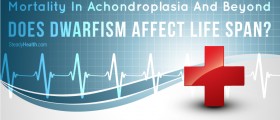
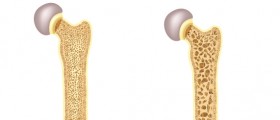

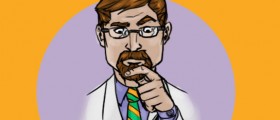








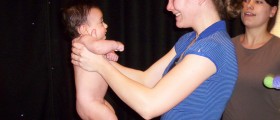
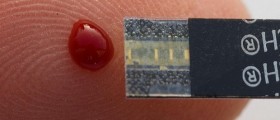

Your thoughts on this
Loading...